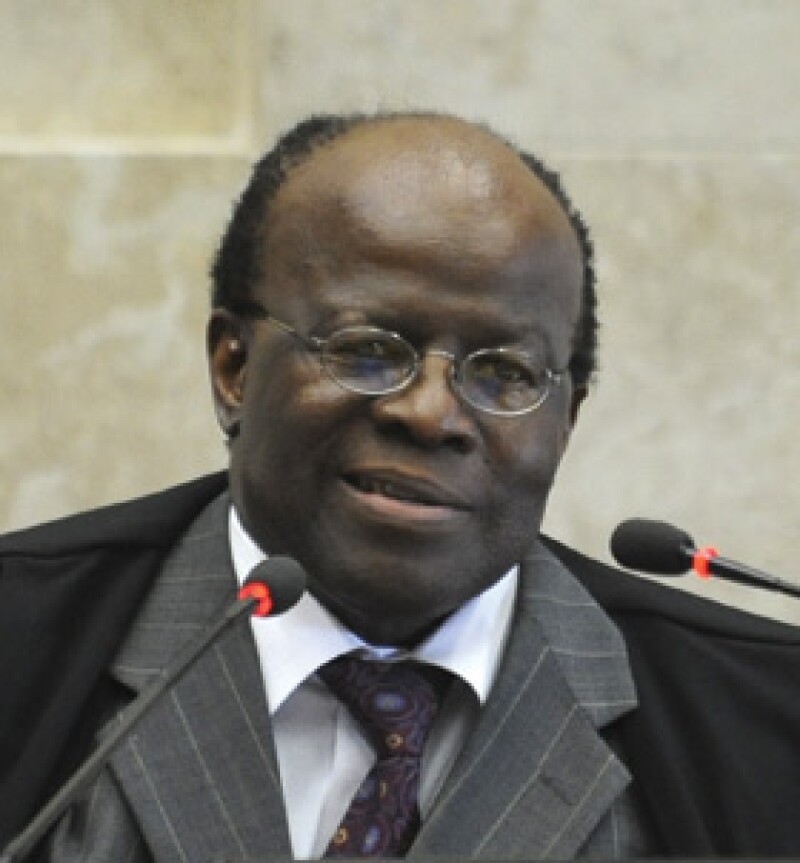
Brazilian taxpayers and investors the world over had all eyes on the Supreme Federal Court in April, as it decided a dispute over the country’s controlled foreign company (CFC) rules which had lasted more than a decade. The case was Direct Action for Declaration of Unconstitutionality no. 2588, brought by the National Confederation of Industries, and dealt with the constitutionality of Brazil’s CFC rules.
Minister Barbosa is the chief justice of the Supreme Federal Court and brought his own interpretation into the judgment.
The taxpayers were arguing that Article 74 of Brazilian Provisional Measure 2,158-34/2001 (the CFC rules), which says that profits earned by controlled and associated companies abroad should be considered available for the Brazilian controller or associated company at the date on the balance sheet in which they have been assessed, was unconstitutional. They argued that the rules do not properly reflect the point at which non-distributed profits of foreign subsidiaries are made available to Brazilian shareholders, and so disregard the constitutional concept of income for taxation purposes.
In an earlier consideration of the issue, which resulted in an incomplete judgment with only nine of the eleven justices issuing decisions, Barbosa held that the action was well-founded in part. According to Barbosa, when interpreted in accordance with the Federal Constitution of 1988, Article 74 may only apply to the taxation of legal entities domiciled in Brazil whose controlled or related companies are located in tax havens.
And in April when the case was finally concluded, it was Barbosa’s interpretation that was adopted by a majority of six.
The Global Tax 50 2013 |
||
|---|---|---|
Danny Alexander |
Piet Battiau |
|









